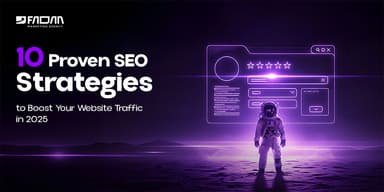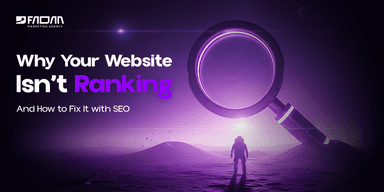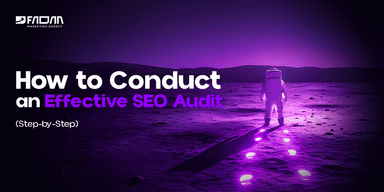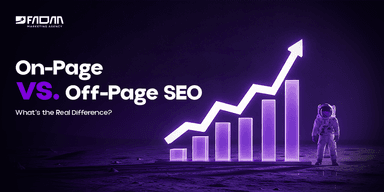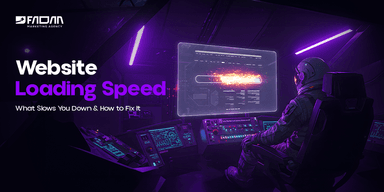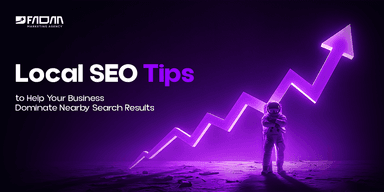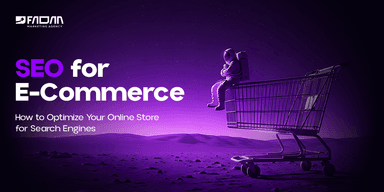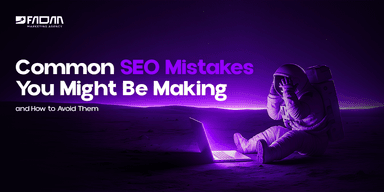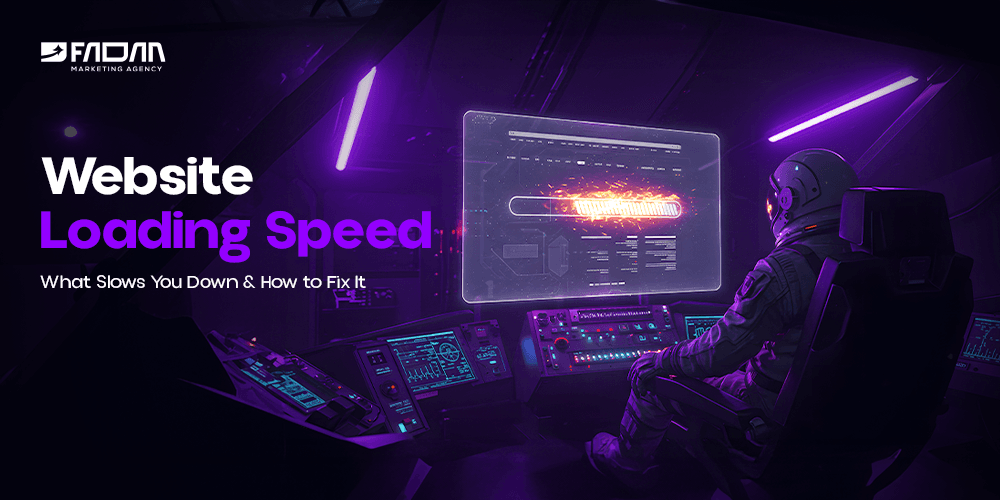In today’s digital world, users expect websites to load in seconds—literally. If your site is slow, visitors bounce, conversions drop, and your rankings on Google suffer. That’s why website loading speed is one of the most important SEO ranking factors in 2025 and beyond.
At Fadaa Marketing Agency, we’ve seen how improving website loading speed can transform both user experience and search performance. In this article, we’ll break down what slows your website down and how to fix it—step by step.
Why Website Loading Speed Matters
Google has made it crystal clear: website loading speed affects your SEO. Sites that load slowly are penalized in search rankings and lose credibility with users.
Here's why it matters:
SEO Rankings: Speed is part of Google’s Core Web Vitals.
User Experience: Slow sites frustrate users and increase bounce rates.
Conversions: A delay of just one second can reduce conversions by up to 20%.
If your site isn’t optimized, you could be losing both traffic and revenue.
What Slows Down Website Loading Speed?
There are several technical and design-related factors that can hurt your website loading speed. Let’s take a closer look:
1. Unoptimized Images
Large image files are one of the biggest culprits. When images aren’t compressed or sized properly, they drastically increase load time.
Fix it: Use tools like TinyPNG or WebP formats to compress images without losing quality.
2. Excessive HTTP Requests
Every time a page loads, it makes requests for images, scripts, fonts, etc. Too many requests slow things down.
Fix it: Minimize plugins and use sprite sheets or image compression tools.
3. Render-Blocking JavaScript and CSS
Scripts and stylesheets that load before your page content can block rendering.
Fix it: Defer non-critical scripts and use asynchronous loading where possible.
4. No Caching Strategy
Without caching, every user request has to load everything from scratch.
Fix it: Implement browser caching and server-side caching for repeat visits.
5. Poor Hosting
Shared or low-quality hosting can significantly delay website loading speed.
Fix it: Choose a reputable hosting provider with strong server performance and support.
6. Too Many Redirects
Redirects create additional HTTP requests, increasing the time it takes for a browser to respond.
Fix it: Reduce unnecessary redirects and fix broken links.
7. Bloated Code and Unused Plugins
Heavy CSS files, outdated plugins, and unnecessary code slow your site down.
Fix it: Clean up your code and remove unused plugins regularly.
8. Lack of a Content Delivery Network (CDN)
Without a CDN, all users connect to your primary server, no matter their location.
Fix it: Use a CDN like Cloudflare to serve your content from servers closer to your users.
How to Measure Website Loading Speed
Before you can fix it, you need to know how bad it is. Use these tools to analyze your site:
Google PageSpeed Insights
GTmetrix
Pingdom Tools
WebPageTest
Look at metrics like:
First Contentful Paint (FCP)
Time to Interactive (TTI)
Largest Contentful Paint (LCP)
Cumulative Layout Shift (CLS)
These give a clear picture of your current website loading speed performance.
Best Practices to Improve Website Loading Speed
Now that we know the common issues, here’s how to boost performance:
Optimize Images and Media
Compress and resize all visual content before uploading.
Minimize and Combine Files
Reduce the number of CSS and JavaScript files and combine them where possible.
Use Lazy Loading
Delay the loading of non-critical images until the user scrolls to them.
Enable GZIP Compression
This compresses files on the server before sending them to the browser.
Implement Caching
Use browser and server-side caching to store static resources.
Use a Fast, Reliable Hosting Provider
Ensure your host is optimized for speed and has low server response times.
Use a CDN
Distribute content globally for faster delivery to users everywhere.
These changes, while technical, can significantly enhance website loading speed and improve your SEO results.
Website Loading Speed and Core Web Vitals
Core Web Vitals are now a confirmed ranking signal. They include:
LCP (Largest Contentful Paint): Should be under 2.5 seconds
FID (First Input Delay): Should be under 100ms
CLS (Cumulative Layout Shift): Should be under 0.1
Improving website loading speed helps you meet these benchmarks, increasing your chances of ranking higher.
How Fadaa Marketing Agency Can Help
At Fadaa Marketing Agency, we specialize in identifying and fixing speed-related issues that affect your SEO. Our team provides:
Full technical audits
Image and code optimization
CDN and hosting recommendations
Ongoing performance monitoring
We know that faster websites lead to better rankings, happier users, and more conversions. That’s why improving website loading speed is at the core of what we do.
Final Thoughts
Your website might look great, but if it loads slowly, you're losing visitors before they even see your content. Website loading speed is not just a technical metric—it’s a direct influence on your brand’s online success.
By understanding what slows your site down and applying the fixes outlined in this guide, you can drastically improve performance, user experience, and search engine rankings.
Ready to speed things up? Contact Fadaa Marketing Agency and let’s optimize your website loading speed today.
